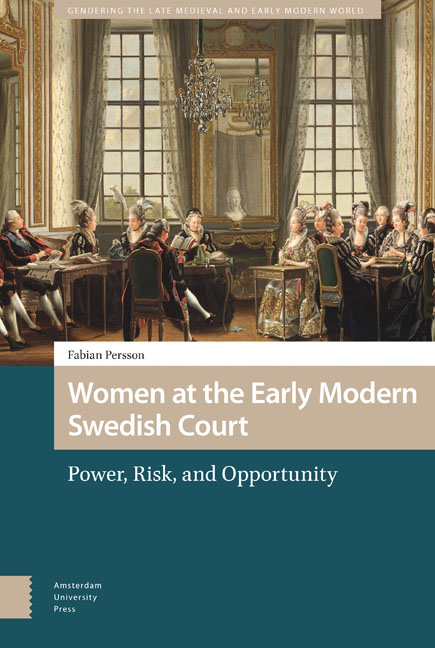9 - Fumbling for Power: Being a Royal Mistress
Published online by Cambridge University Press: 15 April 2021
Summary
Abstract
Perhaps the conclusion to be drawn is that the most important royal mistresses were the ones who had an emotional significance for their princes. That required being something more than a pretty face or an exciting bedfellow. To be comforting, calming, amusing, and able to maintain the prince's interest for a long time is testimony to their extraordinary talents. The early modern royal mistress was ridiculed and feared by many, but may also have been a necessary part of life for princes who were insecure, bored, or simply lonely.
Keywords: mistress, love, intimacy, trust
In her last hours, Queen Caroline of Ansbach took leave of her family. To the King she said she had nothing much to say as she had always shared her thoughts with him, and he knew whom she wanted him to show kindness to and whom she disliked ‘as well as herself’. She gave advice and encouragement to her children – not the estranged Prince of Wales, though, who was banned from her presence – instructing them ‘according to their different ages, situations, and dispositions’. Then she urged the weeping George II to remarry after her death. Between sobs, the distraught monarch managed to choke out, ‘Non, j’aurai des maîtresses’ (‘No, I shall have mistresses’). The realistic response from the dying Queen was simply, ‘Ah, mon Dieu, cela n’empêche pas’ (‘Ah, my God, that is no obstacle’). ‘When she finished all she had to say on these subjects, she said she fancied she could sleep. The King said many kind things to her and kissed her face and her hands a hundred times.’
Queen Caroline's deathbed is instructive in its early modern mix of strong emotion and acceptance of worldly ways. George II was generally thought a cold fish, and yet he harboured strong feelings for his queen, while simultaneously having mistresses. For many years Caroline's Lady of the Bedchamber, Henrietta Howard, had been his mistress, and despite some friction the relationship between the two women was surprisingly good. Queen Caroline acknowledged the royal mistresses as a fact of life, though preferably facts of life who were discreet and well-mannered, as Henrietta Howard had been, staying carefully out of the factional wars at court and earning herself the nickname ‘the Swiss’ for her neutrality.
- Type
- Chapter
- Information
- Women at the Early Modern Swedish CourtPower, Risk, and Opportunity, pp. 207 - 226Publisher: Amsterdam University PressPrint publication year: 2021

